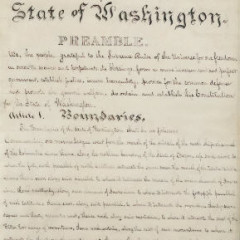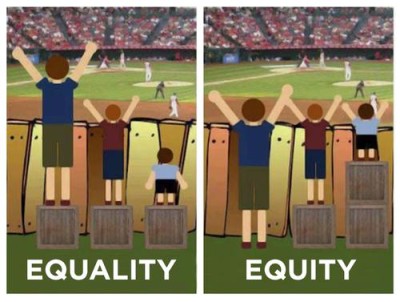As Seattle teachers are engaged in their first strike since the 1980s, one sticking point has been the amount of time the district wants devoted to recess (hint: it’s less, not more).
If you make the mistake that I’ve made and scrolled down to read the “comments” under some of the new reporting of the strike, you’ll see the typical union- and teacher-bashing, and of course, an utter lack of civil discourse or respect for divergent points of view. You’ll also see that a few commenters hone in on the idea of recess: some brand it as an add-on the union penciled in to maintain the guise that they “care about kids,” while others agree that recess is but frivolous play time…a lost opportunity to force more learnin’ into ’em.
Spend a morning in a typical elementary classroom and you’ll start to understand that recess is far from frivolous play time. If the quivering energy of a roomful of seven-year-olds could be bottled and sold, we’d never need to drill a drop of oil again.
Yet, the “play time” that recess provides is not just about getting energy out so that the kids can focus. It’s also not just about granting the teacher the rare opportunity to sit down, return parent phone calls or emails, or (if they’re bold enough) sprint to the restroom.

 By Tom White
By Tom White

 By Tom White
By Tom White


